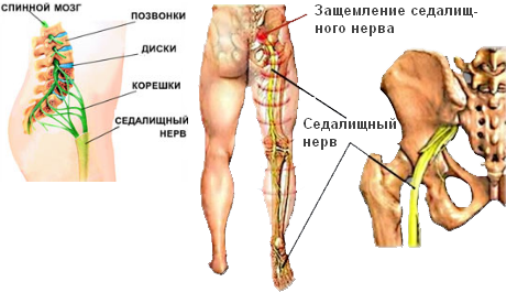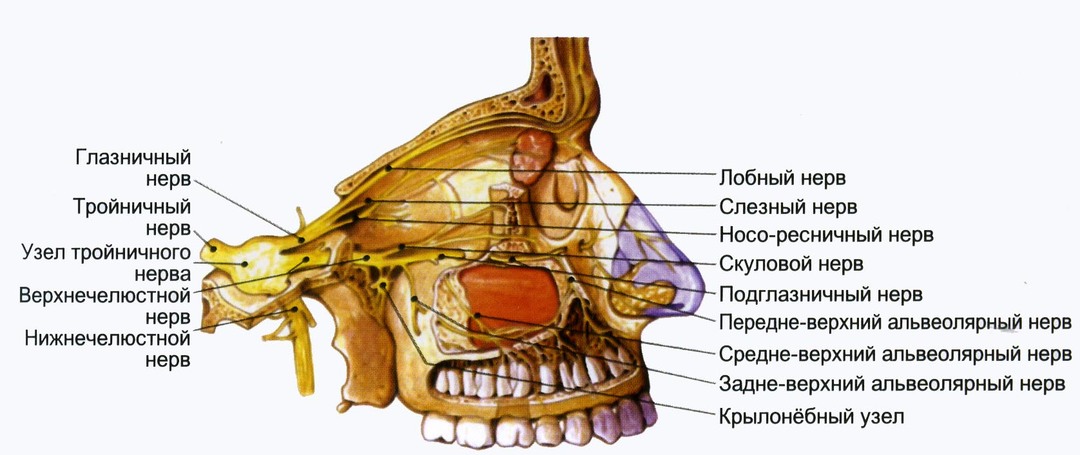Encephalitis: types, causes, symptoms
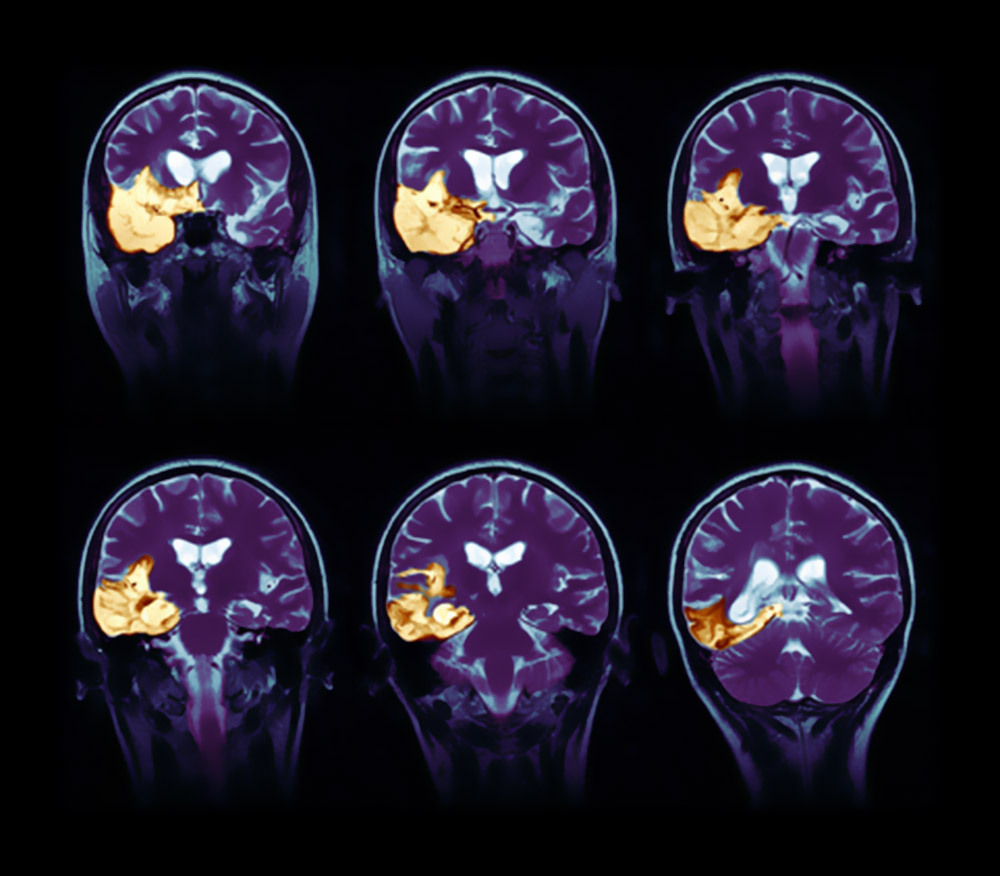 Encephalitis is an inflammatory disease of the central nervous system.This is a fairly large group of diseases that are characterized by the defeat of pathogenic bacteria and viruses of the substance of the brain or spinal cord.Lesions can be diffuse or focal in nature, but in any case, this pathology is not only difficult with a severe course, but also dangerous for the life of the patient.
Encephalitis is an inflammatory disease of the central nervous system.This is a fairly large group of diseases that are characterized by the defeat of pathogenic bacteria and viruses of the substance of the brain or spinal cord.Lesions can be diffuse or focal in nature, but in any case, this pathology is not only difficult with a severe course, but also dangerous for the life of the patient.
The most famous among the population tick-borne encephalitis - its carriers are ticks that dig into the human skin and infect their bodies with their saliva.But in medicine, there are several more types of encephalitis, which have their own characteristics and are diagnosed not much less often than tick-borne.
ContentsInfluenza encephalitis
This is a secondary disease that occurs as a result of a transferred flu.Encephalitis of this type is nasal and can not be considered an unconditional complication of the viral disease.
Symptoms of influenza encephalitis
The clinical picture of the viral disease under consideration is quite pronounced - the pathology always begins sharply and is characterized by a sharp increase in temperature to critical parameters, nausea and vomiting, convulsions.Violation of consciousness is a variant symptom: it can remain clear, and can also carry the form of psychosis.Often, with the development of influenza encephalitis, there are also symptoms of meningitis - for example, tension( rigidity) of the occipital muscles.
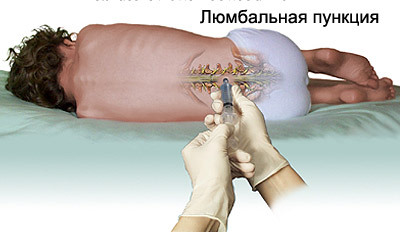
During the diagnosis, a cerebrospinal fluid is taken - it is examined in the laboratory.Distinctive feature of influenza encephalitis - cerebrospinal fluid( clear fluid) is transparent, does not have any impurities, and the biological composition remains unchanged.
With the development of influenza encephalitis, paralysis, tremor of extremities, and dysarthria may appear.These are local focal symptoms, indicative of severe damage to the central nervous system.
Treatment
Therapy aimed at treating encephalitis is carried out only in a medical institution and under the constant supervision of medical workers.Necessarily antibacterial drugs( antibiotics), immunomodulators, anticonvulsants are prescribed.
It is very important during the treatment of this type of encephalitis to conduct so-called distraction therapy - the patient is put in leeches( hirudotherapy), mustard plasters.
The duration of treatment depends on the severity of the disease, but usually acute symptoms disappear after 7-10 days.After the main course of treatment begins the rehabilitation period - here you can use sanatorium treatment, funds from the category of traditional medicine, visit the physiotherapy room.
Patients with a history of influenza encephalitis must be observed with the doctor - the consequences of this viral disease may occur after several months and even days and are most often associated with a disruption of the central nervous system.
Rheumatic encephalitis
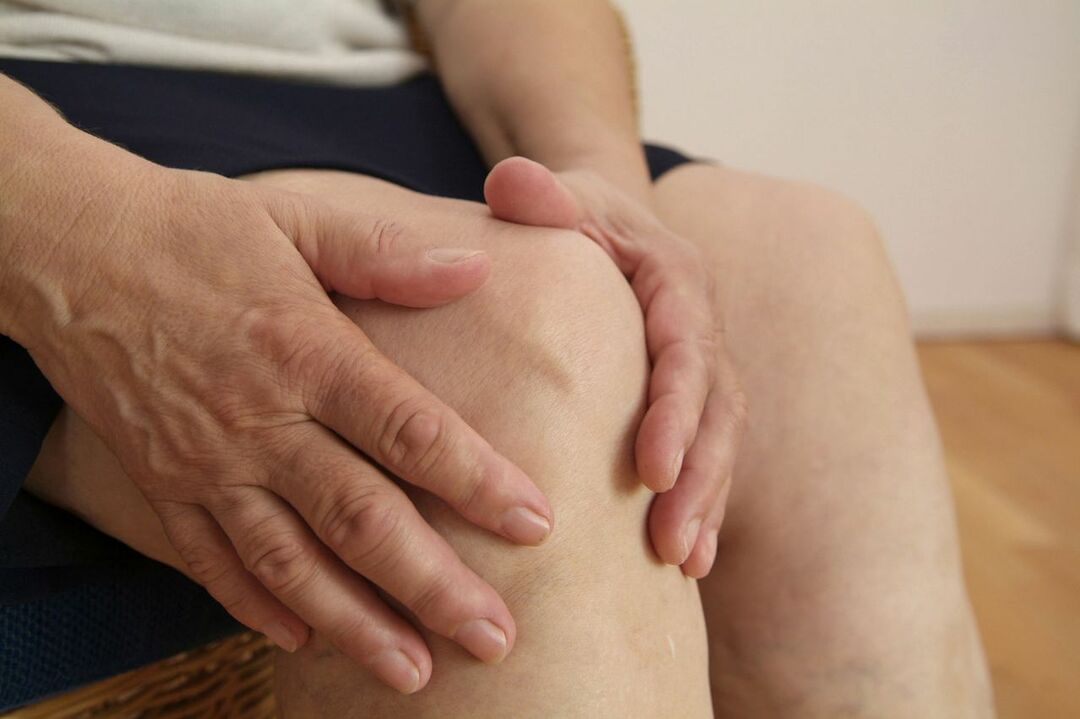 This type of considered disease belongs to the group of infectious-allergic.The heart, joints and central nervous system are affected first of all.Gradually, as the disease develops, pathological lesions of the cerebral cortex occur.
This type of considered disease belongs to the group of infectious-allergic.The heart, joints and central nervous system are affected first of all.Gradually, as the disease develops, pathological lesions of the cerebral cortex occur.
Most often, rheumatic encephalitis is diagnosed in childhood( schoolchildren's category) after suffering angina.
Symptoms of
After treatment of angina and disappearance of all signs of this infectious disease( 3-5 days later) suddenly the body temperature rises again, there are quite intense headaches and muscle weakness.There is nausea and vomiting for no apparent reason, dizziness.As the disease develops, hyperkinesis appears - the muscles of the face and upper limbs seem to freeze in one position, bringing severe pain and discomfort to the patient.
Diagnostic measures are reduced to examining the patient and questioning him for the presence of angina in the recent past.No specific procedures for the diagnosis of rheumatic encephalitis should be performed.
Treatment of
It is for the rheumatic type of encephalitis that the individual purpose of medication is characteristic.Most often, patients undergo treatment with antibacterial drugs, corticosteroids, non-steroidal anti-inflammatory drugs.Treatment will be lengthy, constant monitoring by medical workers is needed, a very good effect is provided by spa treatment, mud therapy and visits to hydropathic institutions.
Epidemic encephalitis
This type of encephalitis is well known to physicians - in the 20s of the last century the disease claimed the lives of more than a million people.But the etiology of epidemic encephalitis is still not clear - most likely, the causative agent is an atypical virus.
Symptoms
The onset of the disease is gradual and people simply do not pay attention to the signs of developing epidemic encephalitis:
- rise in temperature to 38-39 degrees;
- chills;
- increased drowsiness;
- fatigue;
- lack of appetite;
- headaches.
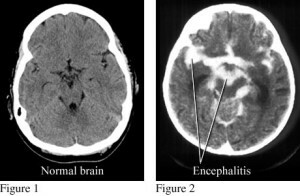
Drowsiness is very intense and can last from several days to several weeks.Very often patients fall into a lethargic sleep. If this does not happen, the patients have visual impairment, the brain substance and its cortex suffer:
- memory decreases;
- signs of mental disturbances appear;
- develops paresis and paralysis.
Treatment
Only epidemic encephalitis is treated in a medical institution.Doctors should conduct symptomatic and specific therapy.Most often the patient is administered immunoglobulins and serums.
The prognosis of the disease is variable, but most often the patient dies - too often the patient enters the treatment in a severe stage of pathology.
Japanese encephalitis
 This type of encephalitis is especially common in Asian countries.Infection occurs after the bite of a mosquito, which was previously saturated with the blood of sick animals.In general, Japanese encephalitis is diagnosed very rarely, there have never been epidemics.
This type of encephalitis is especially common in Asian countries.Infection occurs after the bite of a mosquito, which was previously saturated with the blood of sick animals.In general, Japanese encephalitis is diagnosed very rarely, there have never been epidemics.
Symptoms of
For the onset of the disease, high body temperature, headaches and chills are characteristic.It is because of such atypical symptoms that patients turn to specialists for help too late.Further development of Japanese encephalitis is accompanied by convulsive syndrome, muscle paresis and confusion.
Treatment
There is no specific treatment for the disease in question.The patient is placed in a medical institution, he undergoes symptomatic therapy, if necessary, carries out resuscitation measures.
Since this type of disease affects the cerebral cortex and the substance of the spinal cord, most often the patient becomes disabled.In the absence of any treatment, the prognosis is extremely unfavorable - the patient dies.
Important: to prevent infection with Japanese encephalitis can be vaccinated - it must be done before traveling to Asian countries.
General information on encephalitis
Encephalitis can occur in a lightning, abortive and asymptomatic manner.The most dangerous form of the disease under consideration is lightning fast: symptoms develop rapidly, patients complain of severe headache and high fever, and a maximum of a couple of days coma and death may occur due to heart failure.
If encephalitis occurs in an abortifacient form, the symptoms will be completely identical to those of acute respiratory infections.But if during a week the symptoms do not disappear and the patient's condition does not improve, then you need to turn to specialists for a complete examination - the inflammatory process in the substance of the brain and spinal cord can be detected on a computer tomography.
The asymptomatic form of encephalitis is also quite dangerous - the patient only notes weak headaches easily removed by analgesics.The consequences of this form of the disease are severe - a person develops mental disorders.
Traditional medicine in the treatment of

Important : encephalitis is a dangerous disease that can not be cured exclusively by folk medicine.But if the patient has received appointments from a doctor and the dynamics of the disease is positive, then you can use folk remedies to support the body, strengthen immunity and reduce the intensity of pain syndromes.
Medicines from the category Traditional medicine for encephalitis:
- Placoon-grass( derbennik).From this herb is prepared infusion: 20 g of crushed raw material pour 300 ml of water and boil at boil for 10 minutes.Then, infuse the broth for 8 hours and take 50 ml three times a day throughout the period of treatment and rehabilitation.You can use to remove the headache and irritability alcohol tincture from plakun-grass: 50 g of raw materials are poured into 500 ml of alcohol and insist for 12 days.Take tincture of 30 drops three times a day before meals.
- Valerian.It is enough to prepare a decoction from the roots of valerian to get rid of severe headaches with encephalitis.You need to take 10 grams of crushed rhizomes of a medicinal plant and pour a glass of steep boiling water, insist 10-15 minutes.Take the resulting tea from valerian need 30 ml twice a day.
- Blood throat.Strange, but quite effective way of using the herb bloodlet for encephalitis of any kind is rubbing the concentrate of the plant root into the scalp( the extract can be purchased at pharmacies).Against the backdrop of rubbing, you can and should take a peanut tincture tincture( sold in pharmacies) 20 drops twice a day.
- Portulac.It is necessary to take a tablespoon of shredded herbs of portolac and pour two glasses of steep boiling water.Infused for at least 2 hours, and taken on a tablespoon before each meal.
Please note: is very important to agree on the reception of these funds with the attending physician - the patient may have an allergy to a plant.
A patient with diagnosed encephalitis should be in a darkened room, not allowed in a room with loud sounds.With developing encephalitis, there may be disorientation in time and short-term memory dips - you need to hang a calendar in your room, regularly explain to the patient what happened to him.
Complications of encephalitis
Consequences of transferred encephalitis are very severe - the inflammatory process affects the central nervous system, which can lead to disability of the patient. The most frequently diagnosed consequences of the transferred encephalitis are:
- Prolonged headaches and dizziness - in especially severe cases a person loses the ability to work, is forced to constantly take painkillers.
- Hearing / speech / vision disorder - often a patient with an encephalitis in history becomes completely deaf and blind.Speech often becomes vague, and recovery is almost impossible.
- A significant weakening of memory is a consequence of sclerosis: the patient perfectly remembers what happened several years ago and in his childhood / youth, but can not remember what he did a day or two ago.
- Incontinence of urine and feces is a consequence of paresis and paralysis.This complication is not amenable to treatment, for a sensible person such a consequence is very difficult, making his life reclusive.
- Mental retardation - more common with encephalitis in children, the process is irreversible.
- Personality change - the patient has hallucinations, delusions and other mental disorders.
Encephalitis is fraught with danger in relation to the full life of the patient, it can cause not only disability, but also death of the patient.
Tsygankova Yana Aleksandrovna, medical reviewer, therapeutist of the highest qualification category


